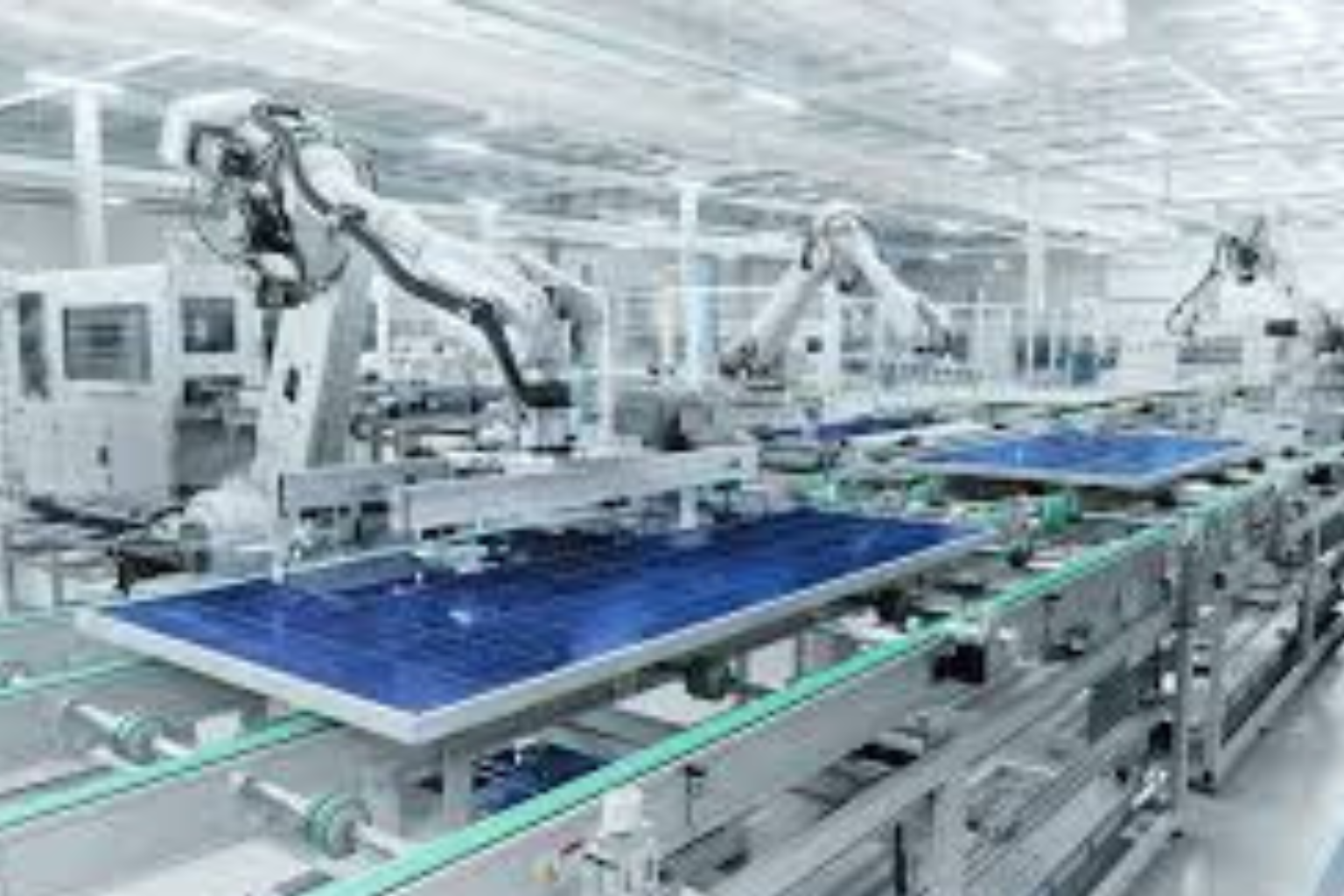In the world of industrial automation, machines and systems rely heavily on reliable connections to work effectively. Power and signal connectors are key components that ensure smooth data transfer and stable power delivery. These connectors are vital in industries like manufacturing, robotics, and transportation, where systems need to run without interruption.
However, in industrial environments, connectors face some serious challenges, such as electromagnetic interference (EMI) and the need to be durable enough to handle tough conditions. Let’s explore how power and signal connectors address these challenges and help industrial systems work seamlessly.
Overcoming Electromagnetic Interference (EMI)
Electromagnetic interference (EMI) is one of the biggest threats to electronic systems in industrial environments. This occurs when electrical signals interfere with other signals or devices, leading to errors, data loss, or even system failure. In automated factories or production lines, EMI can disrupt the signals between machinery, sensors, and control systems, resulting in reduced efficiency and costly downtime.
Power and signal connectors are designed to tackle EMI in several ways:
- Shielding: Many industrial connectors are equipped with shielding that prevents external electromagnetic waves from affecting the system. This helps keep the signals clean and accurate.
- Grounding: Proper grounding helps to prevent interference from reaching sensitive components. It also directs excess electrical energy safely, reducing the risk of signal distortion.
- Twisted-pair wiring: For signal connectors, using twisted pairs of wires helps cancel out any external electromagnetic fields that might affect signal quality.
These design features ensure that connectors can carry data and power without unwanted interference, keeping industrial systems running smoothly.
Ensuring Durability in Harsh Environments
Industrial automation systems often operate in tough environments where equipment is exposed to heat, dust, moisture, and physical stress. These harsh conditions can quickly damage connectors, leading to connection failures and costly repairs. To solve this, industrial connectors are designed to be incredibly durable.
Here’s how power and signal connectors handle the durability challenges in industrial environments:
- Water and Dust Resistance: Many connectors are sealed with high-quality materials to prevent dust and moisture from entering. This ensures that they work in factories, warehouses, or outdoor environments without issues.
- Vibration Resistance: In factories with heavy machinery or moving parts, connectors need to withstand vibrations. Many industrial connectors feature robust locking mechanisms to stay secure even in high-vibration settings.
- Temperature Resistance: Extreme temperatures can also be a problem for connectors. Industrial connectors are made from materials that can withstand high heat or freezing conditions, ensuring reliability across a wide temperature range.
By being built to last in tough environments, sensor connections and industrial connectors reduce maintenance needs and downtime, making systems more reliable and cost-efficient in the long run.
How These Connectors Help in Sensor Connections
In industrial automation, sensor connections play a critical role in providing accurate data to control systems. Sensors measure things like temperature, pressure, or speed, and pass that information through connectors to other equipment. If these connectors are not designed well, the data can become distorted, leading to faulty operations.
Power and signal connectors help in sensor connections by:
- Ensuring stable signal transmission: By reducing EMI and providing stable connections, connectors ensure that sensor data is transmitted clearly without interference.
- Supporting fast data transfer: Many industrial connectors are designed for high-speed data transfer, ensuring that sensors can send data in real time, which is crucial for automated decision-making.
- Providing a secure connection: The durability of connectors ensures that they maintain a solid connection, preventing any loss of sensor data during operation.
With the right connectors, sensor data is delivered reliably, which is key to maintaining productivity and safety in industrial automation.
Power and signal connectors are essential in solving the challenges of electromagnetic interference (EMI) and durability in industrial automation. By ensuring reliable data transfer and stable power delivery, these connectors help maintain the smooth operation of automated systems in harsh environments. Whether in manufacturing, robotics, or transportation, the right connectors are key to improving performance, reducing downtime, and increasing overall system reliability.
For those looking for high-quality industrial connectors that address these challenges effectively, Allied Electronics Corporation offers reliable, durable solutions that meet the demands of modern industrial applications. Visit their website to explore their range of products and learn more about how their connectors can enhance your industrial automation systems.



